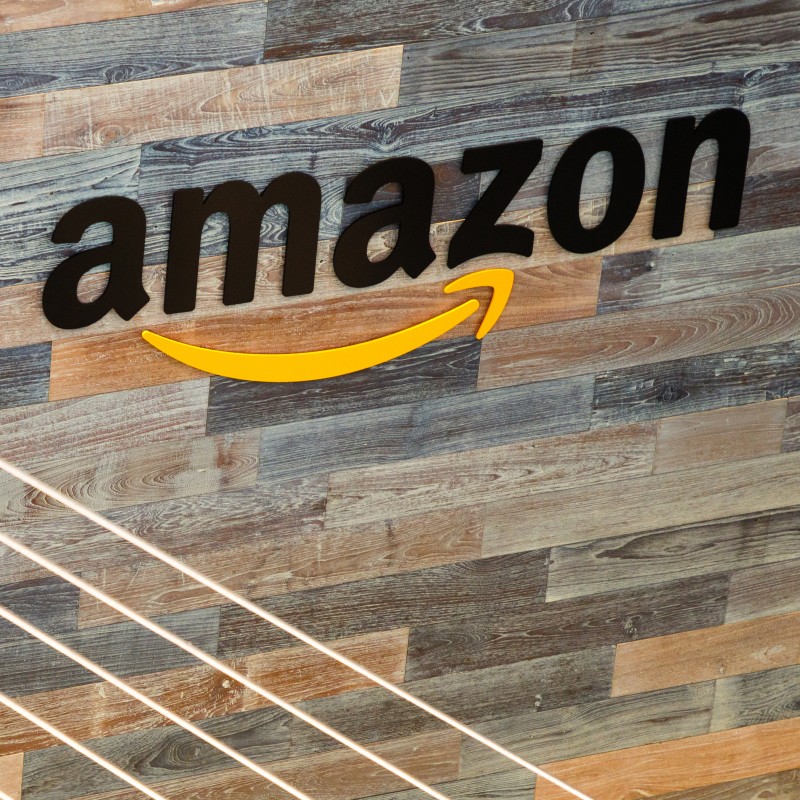

Image credit: Amazon
Amazon has said it has taken legal action against four companies for allegely selling fake reviews on its websites internationally.
The firm earlier this year acted against three companies, Fivestar Marketing, Matronex and AppSally, who it said were targeting Amazon sites in the UK, the US, and other European locations.
It has now added another fake review broker to the list, Extreme Rebate, which it said targeted Amazon sites in the US, Europe, Japan and Canada.
The move comes as the government plans to give the Competition and Markets Authority (CMA) stronger powers to protect consumers from fake reviews online.
The government is introducing controls on fake reviews in the Consumer and Competition Bill announced in April, which is expected to be mentioned in this week’s Queen’s speech.
Three of the four companies targeted by Amazon had nearly 350,000 reviewers on their books, acting as unofficial brokers between third-party sellers using the tech giant’s platform and individuals writing reviews, the tech company said.
The reviewers are offered free products and a small fee in exchange for positive reviews, while the broker charges the seller a fee for boosting its ratings on Amazon.
The sellers are not necessarily aware that this is being carried out using fake reviews, Amazon said.
One of the companies, Matronex, says it has “completely shut down” following Amazon’s actions.
Amazon said that as part of a settlement, one of the firms has agreed to share data about who its reviewers are, which could help in tracking them down.
Identifying fake reviewers can be difficult because interactions with brokers do not take place on Amazon itself, the company said.
It said in 2020 it stopped the publication of 200 million reviews that it believed to be fake and that it has a team of 10,000 employees worldwide protecting its stores from fraud and abuse.
The CMA estimates that £23 billion per year of UK consumer spending is influenced by online reviews, while an experiment by Which? found that fake reviews could make consumers more than twice as likely to purchase poor-quality products.
Which? welcomed Amazon’s actions but said its recent investigation found there are “still unscrupulous businesses exploiting weaknesses with Amazon’s review system”.
‘The CMA’s ongoing fake reviews investigation must root out any unfair practices being used to manipulate shoppers and ensure people are protected when they are using major shopping sites,” said director of policy and advocacy Rocio Concha.
Former board member and respected chip industry veteran Lip-Bu Tan appointed to lead troubled US…
MPs demand secret High Court hearing be held in public, after government had ordered a…
Consequences. As Musk and DOGE continues slash-and burn at federal agencies, FTC asks for trial…
Report from CMA's independent inquiry group concludes mobile browser markets not working well, but cloud…
Elon Musk turns White House driveway into Tesla showroom to allow Donald Trump to choose…
TSMC reportedly pitches a joint venture with big name chip players for Intel's chip-making Foundry…